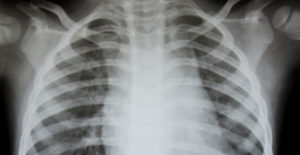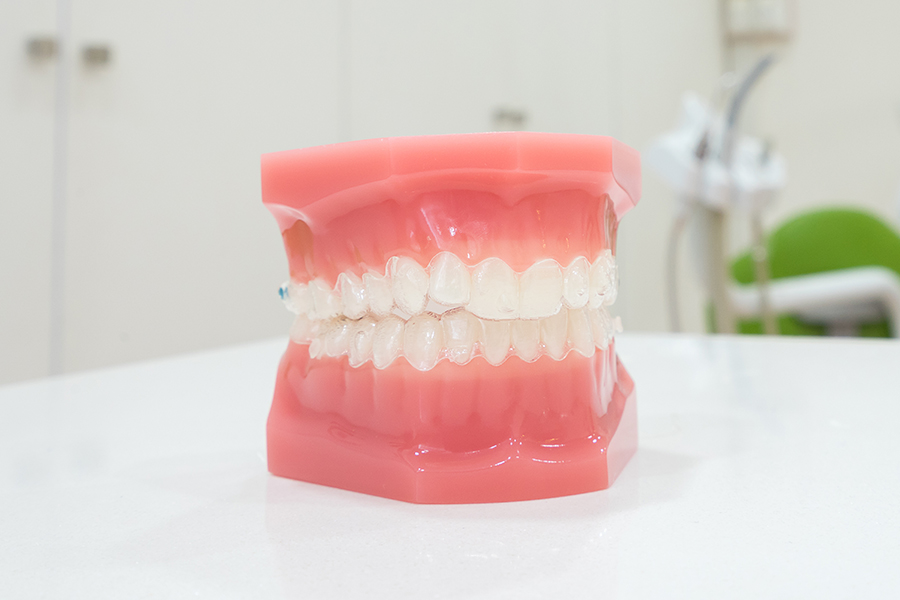COPD vs. CHF

Chronic obstructive pulmonary disease and congestive heart failure are two chronic diseases that can interfere with breathing. COPD is a lung condition while CHF is a chronic weakness of the heart that can have systemic implications. With careful treatment and a change in lifestyle, COPD can be treated or managed to the point that symptoms recede considerably. CHF cannot be reversed, although medication and healthy choices may improve quality of life.
Here’s a look at what COPD and CHF are and how the two diseases are different.
What is COPD?
COPD is an inflammatory lung disease that makes it difficult for air to move through the lungs. Cigarette smoking is the leading cause of chronic obstructive pulmonary disease. According to the Mayo Clinic, the structures in the lungs that control breathing “lose their elasticity and overexpand, which leaves some air trapped in your lungs when you exhale.”
Symptoms of COPD include difficulty breathing, wheezing, chest pain, persistent coughing, excess mucus in the lungs, fatigue, swelling of the extremities, cyanosis, and unintentional weight loss. The most important aspect of treatment is to quit smoking. Additional therapies for COPD may include an inhaled steroid or bronchodilator, oral steroids, phosphodiesterase-4 inhibitor, theophylline, and antibiotics to help with chronic respiratory infections that can develop.
What is CHF?
Congestive heart failure begins when the heart can no longer pump blood through the vessels as efficiently as it used to; this generally happens because the heart is either weak or stiff. The heart beats so poorly that blood being pumped out may not fully leave, and blood coming in may not fill the heart as fully. CHF often begins as a result of cardiovascular diseases that have been present for years, such as high blood pressure, coronary artery disease, heart attacks, arrhythmias, cardiomyopathy, and congenital disorders. Additionally, chronic diseases that tend to cause widespread damage, such as diabetes, HIV, or thyroid diseases, can be contributing factors to congestive heart failure.
General symptoms of CHF include becoming short of breath, acute attacks when breathing becomes difficult, weakness, tiredness, swelling in the extremities, arrhythmia, limited activity, chronic cough, wheezing, abdominal swelling, fluid retention, increased urination (particularly at night), poor appetite, nausea, chest pain, pink sputum, and trouble concentrating.
Treatment vary depending on particular present symptoms. Medications used to treat CHF may include: ACE inhibitors, angiotensin II receptor blockers, beta blockers, diuretics, aldosterone antagonists, inotropes, digoxin, nitrates, statins, or blood thinners. You may require hospitalization from time to time, and surgery may be necessary. Pacemakers can be quite helpful for some patients.
What’s the Difference?
The most obvious difference between COPD and CHF are the affected anatomical structures. Congestive Heart Failure affects the heart while Chronic Obstructive Pulmonary Disease affects the lungs. While both are arguably equally vital to maintain high quality of life, they are perhaps most recognizable by the difficulty patients develop trying to breath. However, while COPD causes shortness of breath because the lungs are themselves damaged, CHF generally interferes with breathing because of the fluid that has built up.
In either case, it becomes difficult for the body to oxygenate itself; the lungs are responsible for filling the blood with oxygen, while the heart spreads it around. Despite their different causes and placement, lifestyle changes can have an enormous, positive effect on both diseases, potentially managing what can otherwise become a fatal disease fairly quickly.








